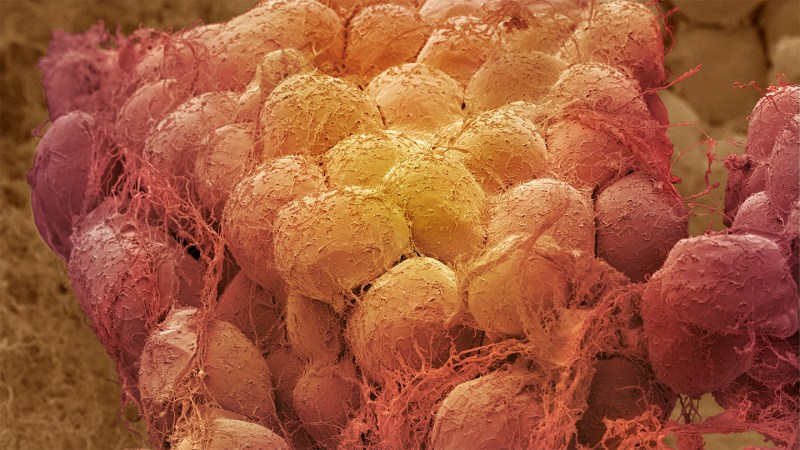
Adipose tissue can affect weight in memory.
For people living with obesity, losing weight can help reduce the risk of health problems such as type 2 diabetes or cardiovascular disease (SN: 2/29/24). But losing weight and keeping it off is difficult, and it’s unclear why. A new study in mice and human cells shows that the fight may be due in part to genetic changes that may persist even after weight loss.
Chemical tags in DNA that act as genetic switches, called epigenetics, can control which genes are turned on or off (SN: 18.2.15). In adipose tissue, the status of certain genes and these tags appear to create a cellular “memory” of obesity, researchers report Nov. 18 in Nature. This memory can suppress metabolism and speed up nutrient uptake, making it difficult to maintain weight loss efforts, the findings suggest.
The findings point to a reason for the yo-yo cycle, in which people constantly lose and regain weight, says Ferdinand von Meyenn, an epigeneticist at ETH Zurich. “How can we improve it? How can we change that? Because different [the genetic changes] it’s going to be there and people are going to have a hard time getting past that,” he says.
Von Meyenn and colleagues compared adipose tissue – which contains fat cells and other types of cells – from people with and without obesity. Metabolism-related genes were less active in the tissues of obese people, even after those people lost weight.
Experiments in mice also showed that some genes involved in metabolism were still turned off in the formerly obese animals. Many of these genes were associated with epigenetic changes that can affect how DNA is turned on or off, says von Meyenn.
What’s more, fat cells from formerly obese mice take up nutrients much faster than cells from lean mice, the team found. After the mice lost weight, the animals with the obesity memory were faster to gain weight.
While weight loss can improve metabolic health, the surrounding epigenetic changes suggest that for some people, keeping it off is an uphill battle, says von Meyenn. People taking weight-loss and diabetes drugs, such as Ozempic, may also regain weight if they stop treatment, suggesting that the drugs do not correct genetic changes (SN: 13.12.23). But perhaps other medications or a combination of treatments may one day erase the memories of fat cells.
#Weight #maintenance #hindered #fat #cell #memory #obesity
Image Source : www.sciencenews.org